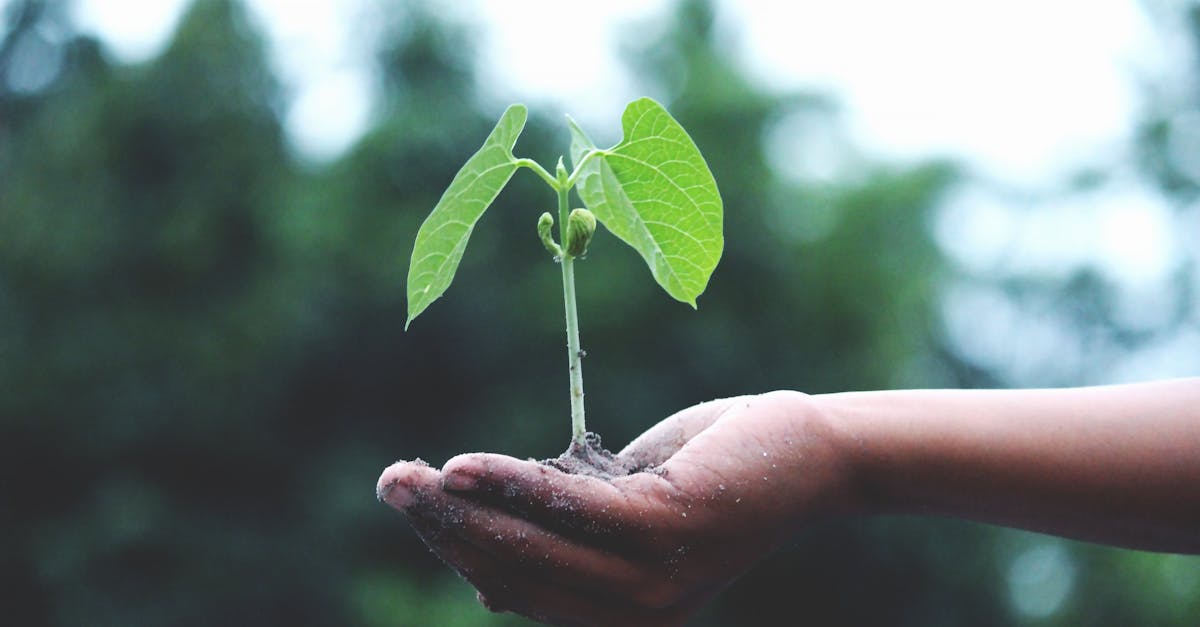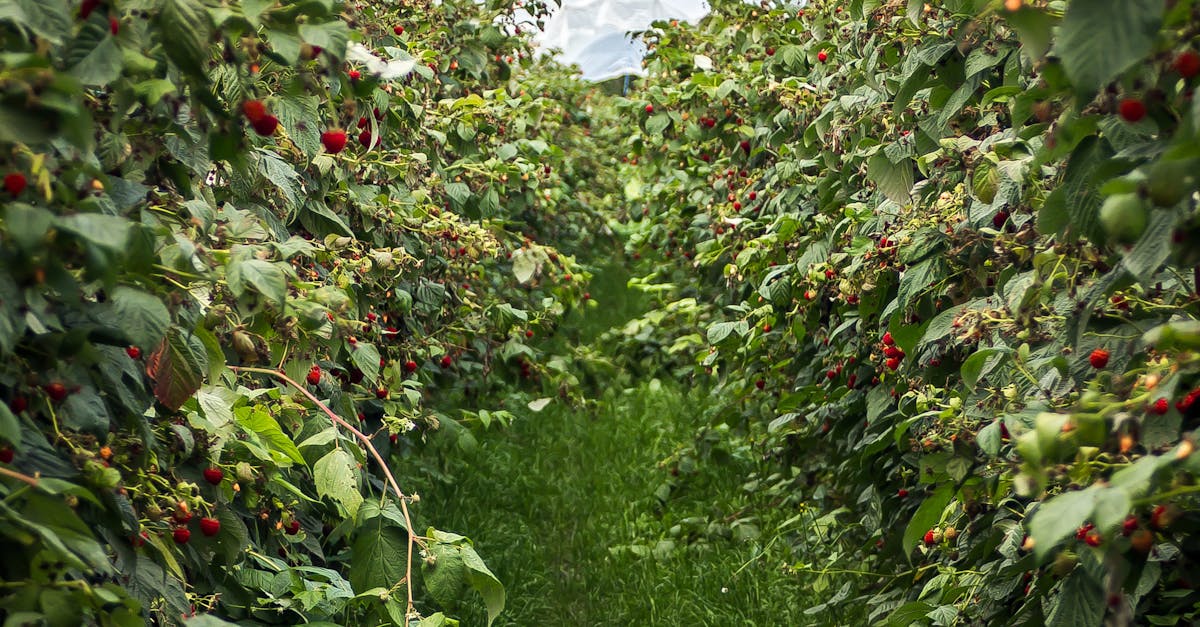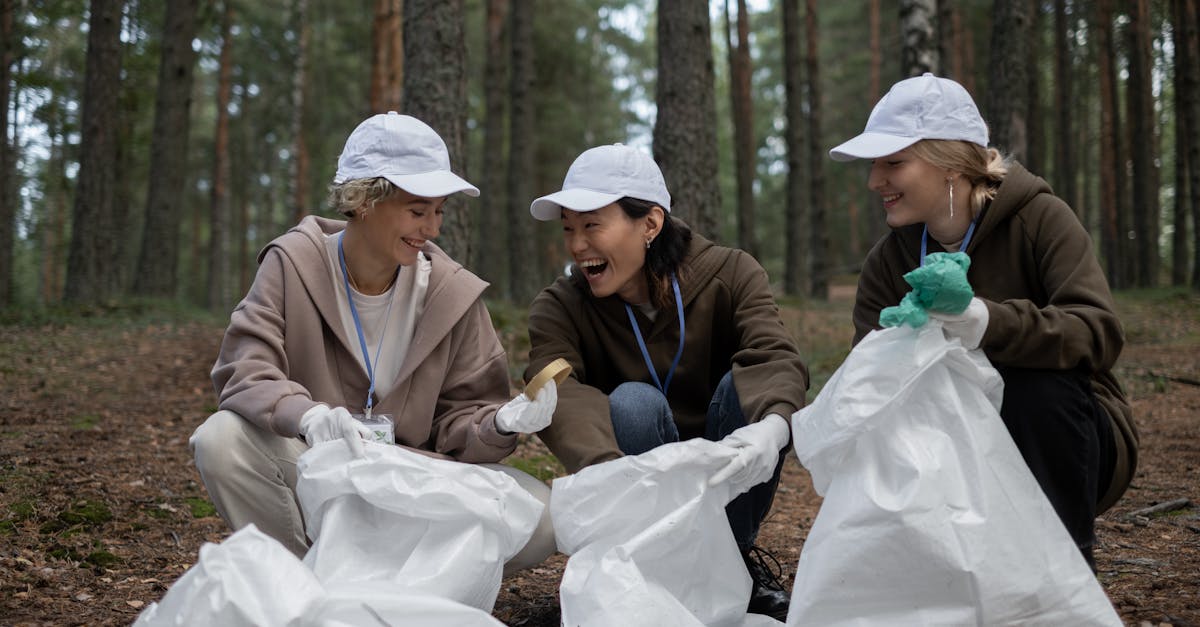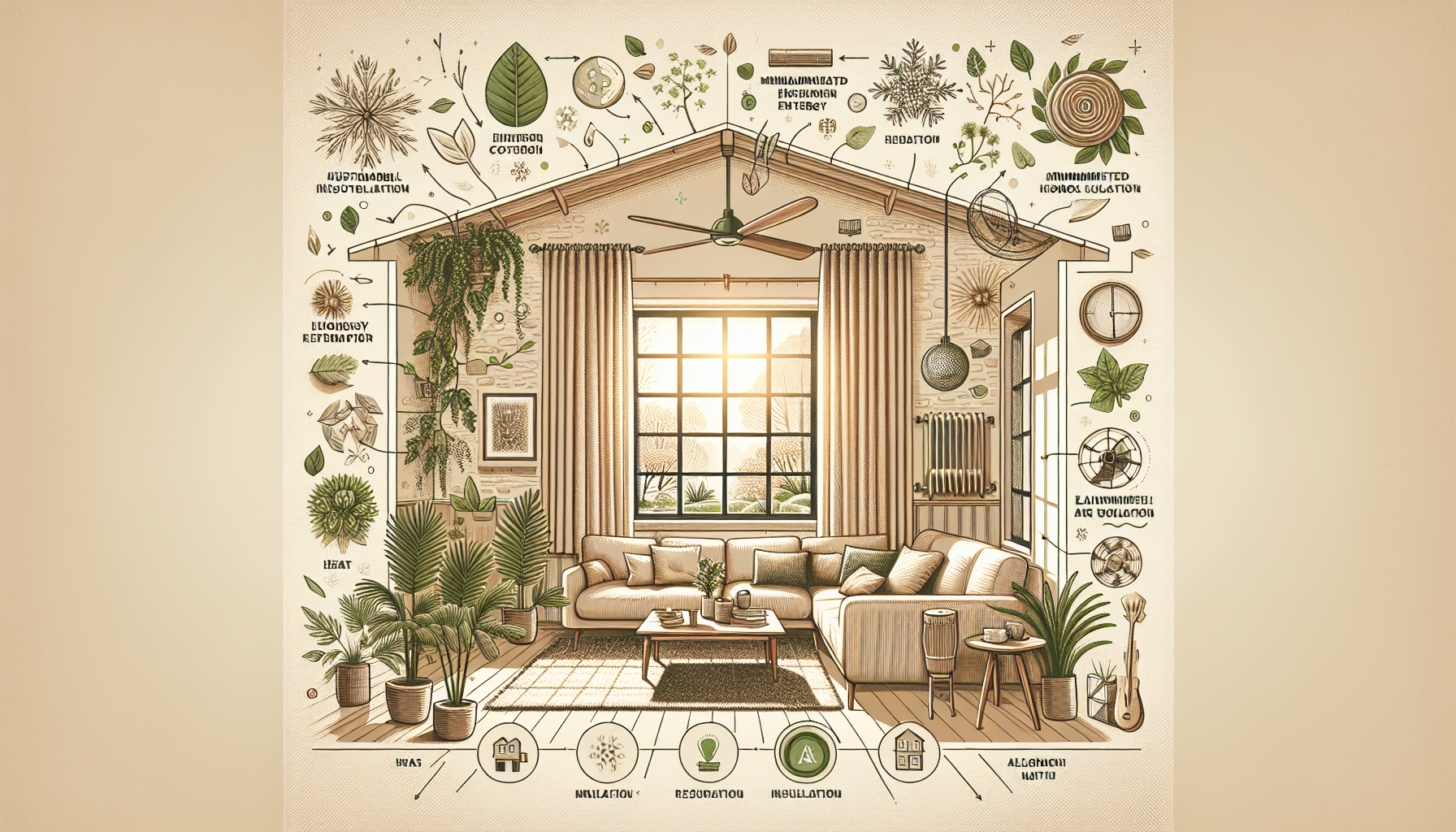Sustainable Summer: Simple Tips for a Greener Season

23 Refreshing Ways to Live Green This Summer
Summer is the perfect time to enjoy the outdoors and soak up the sun. However, it’s also a time when we can easily become more wasteful and less sustainable. With a little planning, you can easily make your summer more eco-friendly without sacrificing any of the fun.
Thank you for reading this post, don't forget to subscribe!
This article will provide you with 23 simple summer sustainability tips that will help you reduce your impact on the environment and live a greener, more sustainable life. These tips are easy to implement and can make a big difference in protecting our planet. So what are you waiting for? Start living green today!
1. Introduction: Embracing Sustainability in the Summer
Introduction: Embracing Sustainability in the Summer
Summer is a time for relaxation, fun, and spending time outdoors. However, it’s also a time when we can easily become more wasteful and less sustainable. With a little planning, you can easily make your summer more eco-friendly without sacrificing any of the fun.
This article will provide you with 23 simple summer sustainability tips that will help you reduce your impact on the environment and live a greener, more sustainable life. These tips are easy to implement and can make a big difference in protecting our planet. So what are you waiting for? Start living green today!
The Impact of Small Changes
Even small changes can make a big impact on the environment. For example, if every household in the United States replaced just one light bulb with a LED bulb, we could save enough energy to power 2.5 million homes for a year. And if every American recycled just one pound of paper each week, we could save 25 million trees per year.
So, while these summer sustainability tips may seem small, they can add up to a big difference. By making small changes in our daily lives, we can help protect our planet and ensure a sustainable future for generations to come.
2. Simple Home Sustainability Tips

Simple Home Sustainability Tips
Making eco-friendly choices within your home is a great way to reduce your environmental impact and live a more sustainable life. Here are a few simple tips to get you started:
- Use energy-efficient appliances. Look for appliances with the Energy Star label, which indicates that they meet certain energy efficiency standards. Energy-efficient appliances can save you money on your energy bills and help reduce your carbon footprint.
- Switch to LED light bulbs. LED light bulbs are much more energy-efficient than traditional incandescent bulbs, and they last longer too. Replacing just one incandescent bulb with a LED bulb can save you up to $10 per year on your energy bills.
- Unplug electronics when you’re not using them. Even when electronics are turned off, they can still draw power. Unplugging them when you’re not using them can help you save energy and money.
- Use natural cleaning products. Many conventional cleaning products contain harsh chemicals that can be harmful to the environment and your health. Opt for natural cleaning products instead, which are made with plant-based ingredients that are gentler on the environment and your family.
- Reduce water usage. There are many ways to reduce water usage in your home, such as taking shorter showers, fixing leaky faucets, and watering your lawn less often. Reducing water usage can help conserve water and save you money on your water bills.
Making these simple changes in your home can help you live a more sustainable life and reduce your impact on the environment.
Energy-Efficient Cooling Solutions
Energy-Efficient Cooling Solutions
Staying cool during the summer is important, but it can also be energy-intensive. By following these tips, you can minimize your energy consumption while keeping cool:
- Use fans instead of air conditioning. Fans use much less energy than air conditioners, and they can be just as effective at cooling you down. If you have a ceiling fan, use it to circulate the air and create a breeze. You can also use portable fans to cool down specific areas of your home.
- Close your curtains during the day. Sunlight can heat up your home, so closing your curtains during the day can help keep it cooler. You can also open your curtains at night to let in the cooler air.
- Plant trees around your home. Trees provide shade, which can help keep your home cooler. Planting trees around your home can also help reduce your energy bills.
- Install a programmable thermostat. A programmable thermostat can help you save energy by automatically adjusting the temperature in your home. You can program the thermostat to turn down the temperature when you’re away or sleeping.
- Get a home energy audit. A home energy audit can help you identify areas where your home is losing energy. Once you know where the leaks are, you can make improvements to seal them up and reduce your energy consumption.
By following these tips, you can stay cool during the summer without breaking the bank or harming the environment.
Natural Cleaning and Green Living
Natural Cleaning and Green Living
Transitioning to environmentally friendly cleaning and living practices is a great way to reduce your impact on the environment and live a healthier life. Here are a few simple tips to get you started:
- Use natural cleaning products. Many conventional cleaning products contain harsh chemicals that can be harmful to the environment and your health. Opt for natural cleaning products instead, which are made with plant-based ingredients that are gentler on the environment and your family.
- Make your own cleaning products. You can easily make your own cleaning products using simple ingredients like vinegar, baking soda, and lemon juice. These homemade cleaners are just as effective as commercial cleaners, but they are much better for the environment and your health.
- Reduce waste. One of the best ways to live a more sustainable life is to reduce waste. This means reducing the amount of trash you produce, recycling and composting as much as possible, and buying products that are made from recycled materials.
- Choose sustainable materials. When you are buying new products, choose items that are made from sustainable materials, such as bamboo, hemp, or recycled plastic. Sustainable materials are better for the environment than traditional materials, and they often last longer too.
- Support sustainable businesses. When you shop, support businesses that are committed to sustainability. This means businesses that use sustainable practices in their operations and sell products that are made from sustainable materials.
By following these tips, you can transition to a more natural and green lifestyle. This will help you reduce your impact on the environment and live a healthier and more sustainable life.
Smart Water Conservation Methods
Smart Water Conservation Methods
Conserving water is important all year round, but it is especially important during the warmer months when water usage tends to increase. Here are a few smart water conservation methods to help you reduce your water usage:
- Fix leaky faucets. A leaky faucet can waste a lot of water over time. Fix any leaky faucets in your home as soon as possible to prevent water waste.
- Install low-flow fixtures. Low-flow fixtures, such as showerheads and toilets, use less water than traditional fixtures. Replacing your old fixtures with low-flow fixtures can help you save water and money on your water bills.
- Water your lawn less often. During the summer months, it is important to water your lawn less often. Grass can actually go dormant during the summer, and it will come back to life when the weather cools down. Water your lawn deeply and less frequently to encourage deep root growth.
- Use a rain barrel. A rain barrel can collect rainwater from your roof, which you can then use to water your lawn or garden. Rain barrels are a great way to conserve water and reduce your reliance on tap water.
- Take shorter showers. Showers account for a large portion of household water usage. Taking shorter showers can help you save water and energy.
By following these tips, you can reduce your water usage and live a more sustainable life.
3. Green Gardening and Outdoor Practices

Green Gardening and Outdoor Practices
Gardening and other outdoor activities can be a great way to enjoy the summer months. However, it is important to do so in a sustainable way that minimizes your impact on the environment. Here are a few tips for green gardening and outdoor practices:
- Use native plants. Native plants are adapted to the local climate and soil conditions, so they require less water and fertilizer than non-native plants. Native plants also provide food and shelter for local wildlife.
- Create a compost pile. Composting is a great way to recycle organic matter and create nutrient-rich soil for your garden. You can compost food scraps, yard waste, and even paper products.
- Avoid using pesticides and herbicides. Pesticides and herbicides can harm beneficial insects and wildlife. Instead, opt for natural pest control methods, such as companion planting and beneficial insects.
- Conserve water. Water your lawn and garden deeply and less frequently to encourage deep root growth. You can also use mulch to help retain moisture in the soil.
- Choose sustainable outdoor furniture. When choosing outdoor furniture, opt for pieces that are made from recycled materials or sustainably harvested wood.
By following these tips, you can create a beautiful and sustainable outdoor space that you can enjoy for years to come.
Creating a Sustainable Garden Oasis
Creating a Sustainable Garden Oasis
Creating a beautiful and sustainable garden oasis is easier than you think. By following these tips, you can create a garden that is both beautiful and eco-friendly:
- Plan your garden. Before you start planting, take some time to plan your garden. This will help you choose the right plants for your climate and soil conditions. You should also consider the amount of sunlight and water that your garden will receive.
- Choose native plants. Native plants are adapted to the local climate and soil conditions, so they require less water and fertilizer than non-native plants. Native plants also provide food and shelter for local wildlife.
- Create a compost pile. Composting is a great way to recycle organic matter and create nutrient-rich soil for your garden. You can compost food scraps, yard waste, and even paper products.
- Use mulch. Mulch helps to retain moisture in the soil, suppress weeds, and regulate soil temperature. You can use organic materials such as bark, wood chips, or compost as mulch.
- Avoid using pesticides and herbicides. Pesticides and herbicides can harm beneficial insects and wildlife. Instead, opt for natural pest control methods, such as companion planting and beneficial insects.
- Conserve water. Water your lawn and garden deeply and less frequently to encourage deep root growth. You can also use mulch to help retain moisture in the soil.
- Choose sustainable outdoor decor. When choosing outdoor furniture and decor, opt for pieces that are made from recycled materials or sustainably harvested wood.
DIY Natural Pest Control Methods
DIY Natural Pest Control Methods
If you’re looking for a safe and effective way to control pests and insects in your garden, look no further than DIY natural pest control methods. These methods are not only effective, but they are also gentle on the environment and your family.
Here are a few of the most popular DIY natural pest control methods:
- Companion planting. Companion planting is the practice of planting certain plants together to deter pests. For example, planting basil next to tomatoes can help to repel aphids. Other companion planting combinations include planting carrots next to onions, and planting marigolds next to roses.
- Beneficial insects. Beneficial insects are insects that prey on pests. Ladybugs, for example, eat aphids. You can attract beneficial insects to your garden by providing them with food and shelter. Plant flowers that are attractive to beneficial insects, and provide them with a water source.
- Neem oil. Neem oil is a natural pesticide that is effective against a wide range of pests. You can apply neem oil to your plants as a foliar spray or a soil drench.
- Diatomaceous earth. Diatomaceous earth is a powder made from the fossilized remains of diatoms. It is a natural insecticide that works by dehydrating insects. You can sprinkle diatomaceous earth around your plants or mix it into the soil.
- Garlic spray. Garlic spray is a natural pesticide that is effective against a variety of pests, including aphids, mites, and whiteflies. To make garlic spray, simply mix one cup of chopped garlic with one gallon of water. Let the mixture steep for 24 hours, then strain it and apply it to your plants as a foliar spray.
By using these DIY natural pest control methods, you can keep your garden free of pests and insects without using harsh chemicals.
Water-Wise Gardening Techniques
Water-Wise Gardening Techniques
Conserving water in your garden is important, especially during the summer months when water usage tends to increase. By following these water-wise gardening techniques, you can keep your garden looking beautiful while reducing your water usage:
- Choose drought-tolerant plants. Drought-tolerant plants are plants that can survive with less water. When choosing plants for your garden, opt for drought-tolerant varieties. Some popular drought-tolerant plants include succulents, cacti, and lavender.
- Water your plants deeply and less frequently. Watering your plants deeply and less frequently encourages deep root growth. Deep roots help plants to access water from deeper in the soil, making them more drought-tolerant.
- Use mulch. Mulch helps to retain moisture in the soil, which reduces the need for watering. Spread a layer of mulch around your plants, but keep it a few inches away from the stems to prevent rot.
- Water your plants in the morning. Watering your plants in the morning allows the water to soak into the soil before it evaporates in the heat of the day.
- Use a rain barrel. A rain barrel can collect rainwater from your roof, which you can then use to water your plants. Rainwater is free and it is also better for your plants than tap water.
- Consider using drip irrigation. Drip irrigation is a watering method that delivers water directly to the roots of plants. Drip irrigation is a very efficient way to water plants, as it reduces water loss due to evaporation and runoff.
By following these water-wise gardening techniques, you can conserve water and keep your garden looking beautiful all summer long.
4. Sustainable Lifestyle Choices

Sustainable Lifestyle Choices
Incorporating eco-conscious habits into your everyday life is a great way to reduce your impact on the environment and live a more sustainable life. Here are a few simple tips to get you started:
- Reduce, reuse, and recycle. One of the best ways to live a more sustainable life is to reduce, reuse, and recycle. Reduce the amount of waste you produce, reuse items whenever possible, and recycle everything you can.
- Use less energy. You can reduce your energy consumption by making small changes in your daily routine. Turn off lights when you leave a room, unplug electronics when you’re not using them, and use energy-efficient appliances.
- Conserve water. Conserving water is important all year round, but it is especially important during the summer months when water usage tends to increase. Fix leaky faucets, water your lawn less often, and take shorter showers.
- Eat less meat. Meat production is a major contributor to climate change. By eating less meat, you can reduce your impact on the environment.
- Buy local and seasonal food. Buying local and seasonal food helps to reduce food miles and supports local farmers.
- Choose sustainable products. When you are shopping, choose products that are made from recycled materials or sustainably harvested resources.
- Support sustainable businesses. When you shop, support businesses that are committed to sustainability. This means businesses that use sustainable practices in their operations and sell products that are made from sustainable materials.
Eco-Friendly Transportation Options
Eco-Friendly Transportation Options
Transportation is a major contributor to greenhouse gas emissions. By choosing eco-friendly transportation options, you can reduce your carbon footprint and help protect the environment.
Here are a few eco-friendly transportation options to consider:
- Public transportation. Public transportation is a great way to reduce your carbon footprint. Buses and trains are much more fuel-efficient than cars, and they help to reduce traffic congestion.
- Walking and biking. Walking and biking are two of the most eco-friendly ways to get around. They are good for your health and they don’t produce any emissions.
- Carpooling. Carpooling is a great way to reduce your carbon footprint and save money on gas. If you have to drive, carpool with friends, family, or coworkers.
- Electric vehicles. Electric vehicles are becoming increasingly popular, and for good reason. They produce zero emissions, and they are much cheaper to operate than gasoline-powered vehicles.
In addition to these options, you can also reduce your carbon footprint by driving less. Try to combine errands, and avoid driving during rush hour. You can also consider telecommuting if possible.
By choosing eco-friendly transportation options, you can reduce your carbon footprint and help protect the environment.
Mindful Consumption Practices
Mindful Consumption Practices
Mindful consumption is all about making sustainable choices when it comes to our purchases and everyday activities. It means being aware of the environmental and social impact of our choices, and making decisions that support a more sustainable future.
Here are a few tips for mindful consumption:
- Buy less stuff. One of the best ways to reduce your environmental impact is to simply buy less stuff. Only buy things that you really need, and choose items that are made from sustainable materials.
- Choose sustainable products. When you do buy something, choose products that are made from recycled materials or sustainably harvested resources. Look for products that are certified by third-party organizations, such as the Forest Stewardship Council (FSC) or the Fair Trade Certified™ program.
- Support sustainable businesses. When you shop, support businesses that are committed to sustainability. This means businesses that use sustainable practices in their operations and sell products that are made from sustainable materials.
- Reduce waste. One of the best ways to reduce your environmental impact is to reduce waste. This means recycling and composting as much as possible, and avoiding single-use plastics.
- Make small changes. You don’t have to make drastic changes to your lifestyle to live more sustainably. Start by making small changes, such as bringing your own reusable bags to the grocery store or eating less meat.
By making mindful consumption choices, you can reduce your environmental impact and live a more sustainable life.
Reducing Food Waste and Embracing Seasonal Eating
Reducing Food Waste and Embracing Seasonal Eating
Food waste is a major problem. In the United States, we waste about 40% of the food we produce. This is a huge waste of resources, and it also contributes to climate change.
There are many things we can do to reduce food waste. One important step is to embrace seasonal eating. Seasonal eating means eating fruits and vegetables that are in season in your area. This is a great way to reduce food waste, because seasonal produce is typically more affordable and less likely to go to waste.
Here are a few tips for reducing food waste and embracing seasonal eating:
- Plan your meals ahead of time. This will help you avoid buying more food than you need, and it will also help you make sure that you’re eating seasonal produce.
- Buy ugly produce. Ugly produce is just as nutritious as beautiful produce, but it is often sold at a discount. Buying ugly produce is a great way to reduce food waste and save money.
- Store your food properly. Proper storage can help extend the shelf life of your food. Make sure to store your food in a cool, dark place.
- Compost your food scraps. Composting is a great way to recycle your food scraps and turn them into nutrient-rich soil for your garden.
- Eat your leftovers. Leftovers are a great way to reduce food waste. Make sure to eat your leftovers within a few days of cooking them.
By following these tips, you can reduce food waste and embrace seasonal eating. This is a great way to save money, reduce your environmental impact, and enjoy delicious, healthy food.
5. Conclusion: Making an Impact One Step at a Time
Conclusion: Making an Impact One Step at a Time
The simple summer sustainability tips outlined in this article may seem small, but they can have a big impact when we all do our part. By making small changes in our daily lives, we can reduce our environmental impact and live more sustainable lives.
Even small changes can make a big difference. For example, if every household in the United States replaced just one light bulb with a LED bulb, we could save enough energy to power 2.5 million homes for a year. And if every American recycled just one pound of paper each week, we could save 25 million trees per year.
So, let’s all do our part to make a difference. Let’s start by implementing the simple summer sustainability tips in this article. Together, we can create a more sustainable future for ourselves and for generations to come.
Quiz
-
True or False: Using LED light bulbs can help you save energy and money on your energy bills.
-
Which of the following is a smart water conservation method?
(a) Watering your lawn every day
(b) Using a rain barrel to collect rainwater
(c) Leaving the water running while you brush your teeth
-
What is one benefit of creating a sustainable garden oasis?
(a) Reduced water usage
(b) Increased wildlife habitat
(c) Both (a) and (b)
-
True or False: Eating less meat can help reduce your carbon footprint.
-
Which of the following is a mindful consumption practice?
(a) Buying products that are made from sustainable materials
(b) Recycling and composting as much as possible
(c) Buying more stuff than you need
Answer Key
- True
- (b) Using a rain barrel to collect rainwater
- (c) Both (a) and (b)
- True
- (a) Buying products that are made from sustainable materials




